Mathias Dewatripont
Mathias Dewatripont holds a Ph.D. in Economics from Harvard University (1986). He is Full Professor at ULB, where he was Co-Director of ECARES from its creation in 1991 until 2001. His general research area is the theory of incentives and contracts, with applications to the internal organization of firms, industrial organization and corporate finance, and the economics of higher education. He was Managing Editor of the Review of Economic Studies (1990-1994), and Council Member (1993-1998) and President (2005) of the European Economic Association.He is a Fellow and Council Member of the Econometric Society, and was one of the three Programme co-chairs of its 2000 World Congress in Seattle. He is the laureate of the 1998 Francqui Prize and of the 2003 Jahnsson Medal. He has been Research Director of the Centre for Economic Policy Research since 1998. He is a member of DG Competition's EAGCP (Economic Advisory Group on Competition Policy) and European Commission President Jose Manuel Barroso’s Economic Policy Analysis Group. In 2005, he became a Founding Member of the Scientific Council of the European Research Council.
Share
Titres avec la participation de Mathias Dewatripont
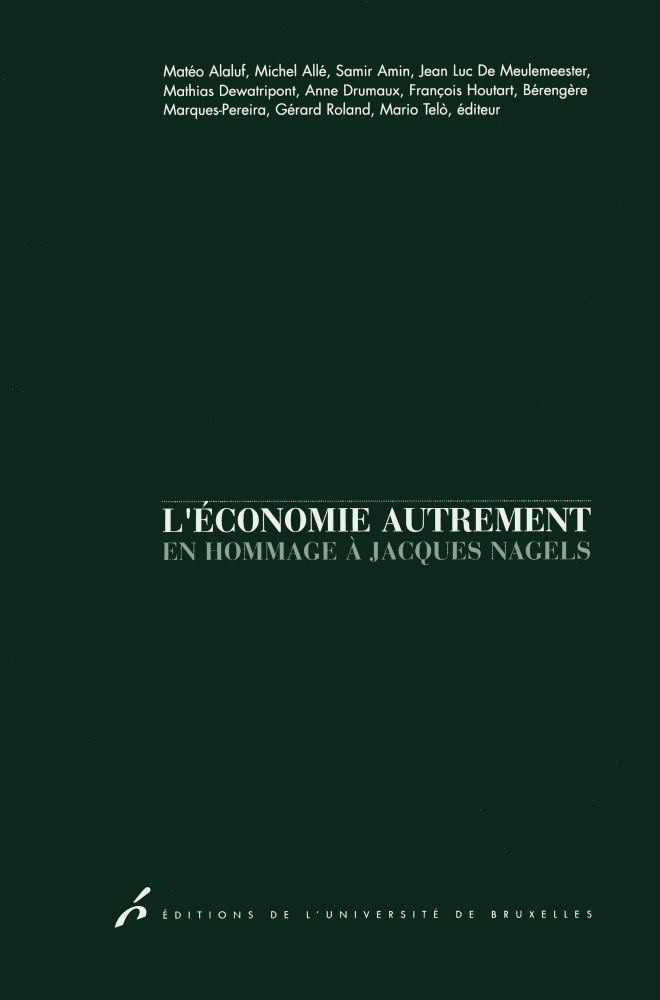
L'économie autrement
Mateo Alaluf, et al., Mario Telò
Quelles marges pour une recherche économique, sociale et politique alternative, dans le cadre de l’économie globalisée, de ses contradictions et des mouvements qu’elle suscite ? Le présent ouvrage analyse les enjeux de l’"économie autrement" et fait écho aux débats suscités par ce fil rouge qui traverse les neuf chapitres. More info
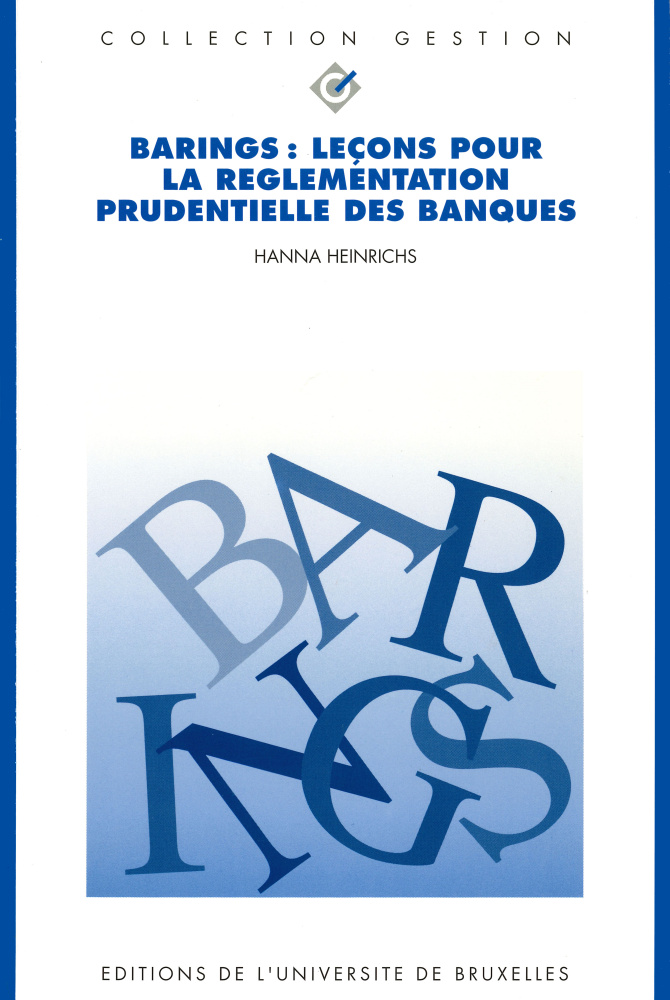
Barings : leçons pour la réglementation prudentielle des banques
Hanna Heinrichs
Sans épuiser le sujet, ce livre constitue une contribution très utile aux débats actuels sur la réglementation prudentielle des banques : il intéressera tant les praticiens et les observateurs du secteur bancaire que ses régulateurs. More info
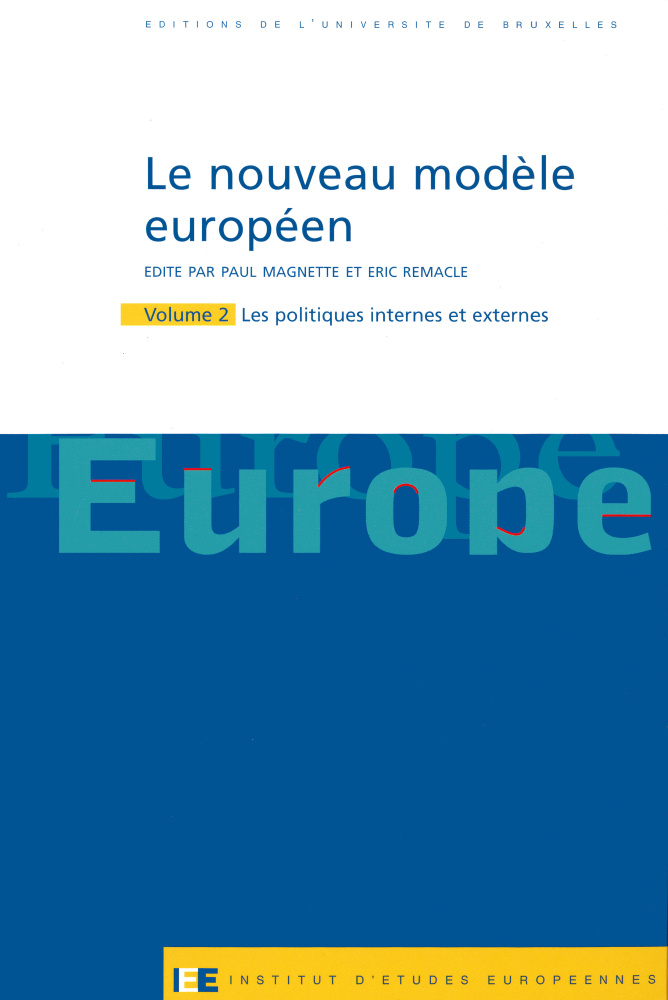
Le nouveau modèle européen
Paul Magnette, Éric Remacle
Ce volume est le second d’une étude réfléchissant à la construction d’un nouveau modèle européen, plus ambitieux dans ses objectifs et plus modeste dans ses moyens, plus large dans son étendue géographique et plus décentralisé. Il est consacré aux politiques internes et externes de l’Union. More info
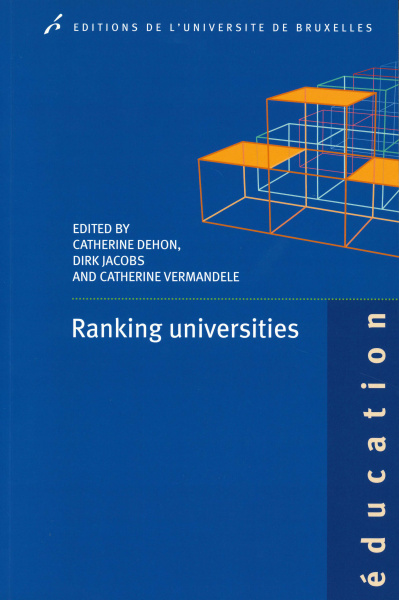
Ranking universities
Catherine Dehon, et al.
University rankings are “hot”. Some universities, policy makers and journalists seem to take them quite seriously. At the same time, however, they are also fiercely criticized. The best known worldwide rankings tend, for instance, to have a strong anglo-saxon bias and tend to give insufficient valorisation to human sciences. More info
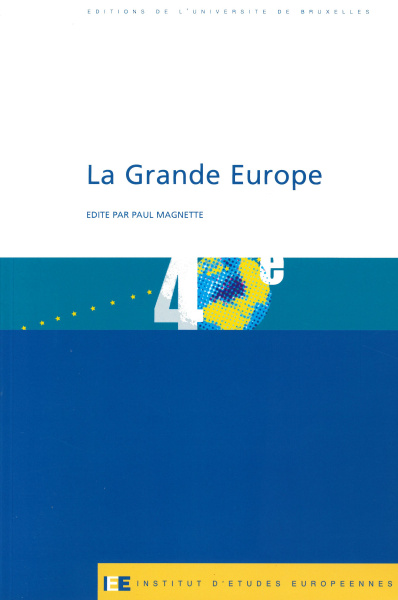
La Grande Europe
Paul Magnette
L'entrée dans l'Union européenne de dix nouveaux États est sans conteste l'événement majeur de la décennie. More info
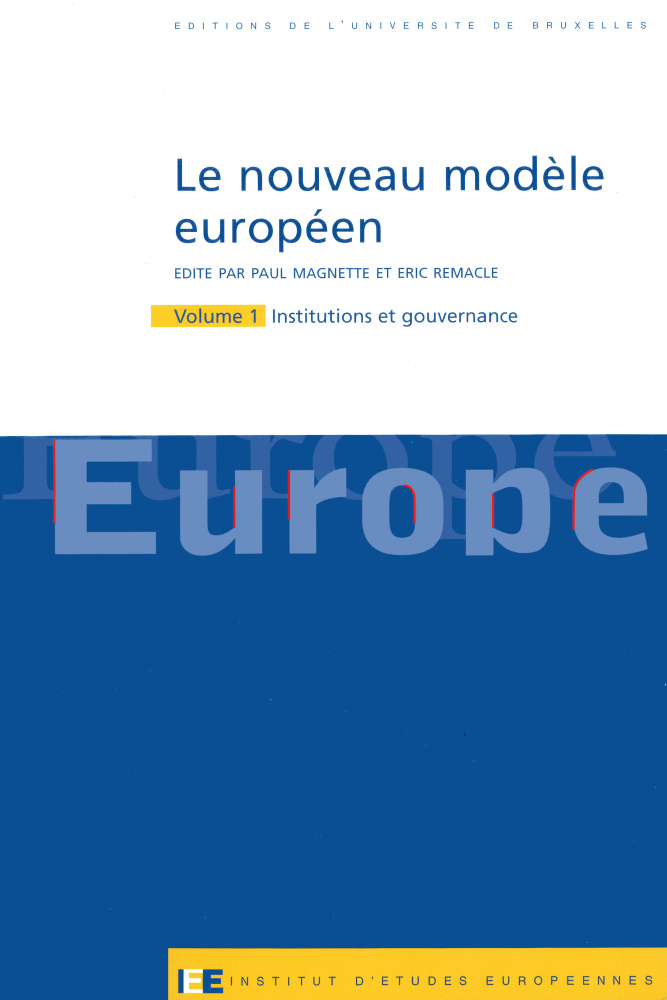
Le nouveau modèle européen
Paul Magnette, Éric Remacle
Ce volume est le premier d’une étude réfléchissant à la construction d’un nouveau modèle européen, plus ambitieux dans ses objectifs et plus modeste dans ses moyens, plus large dans son étendue géographique et plus décentralisé. Il est consacré aux institutions et aux acteurs politiques de l’Union. More info
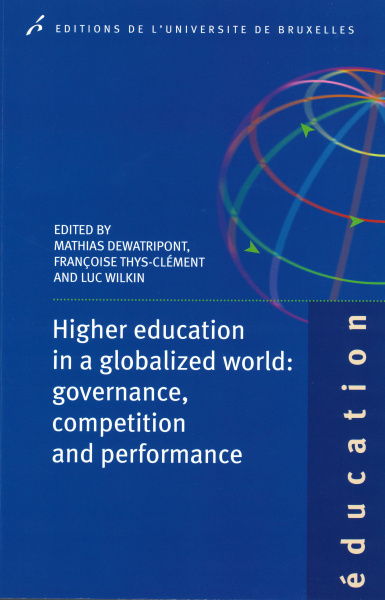
Higher education in a globalized world: governance, competition and performance
Mathias Dewatripont, et al.
This book offers an improved understanding of European higher education, both from a scientific and a policy point of view. More info
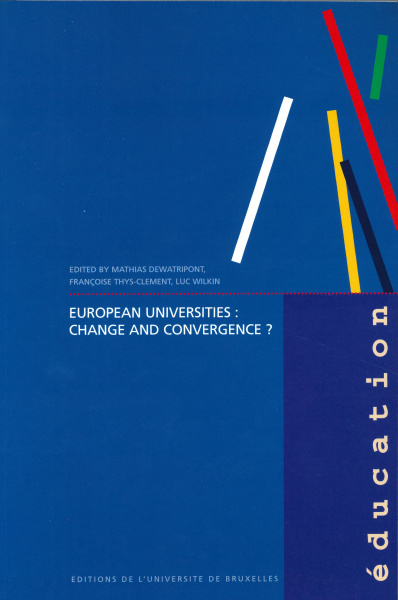
European Universities: Change and Convergence?
Mathias Dewatripont, et al.
Universities play a central role in the production and dissemination of knowledge. Understanding and improving their functioning is therefore vital for extending the "knowledge frontier". More info
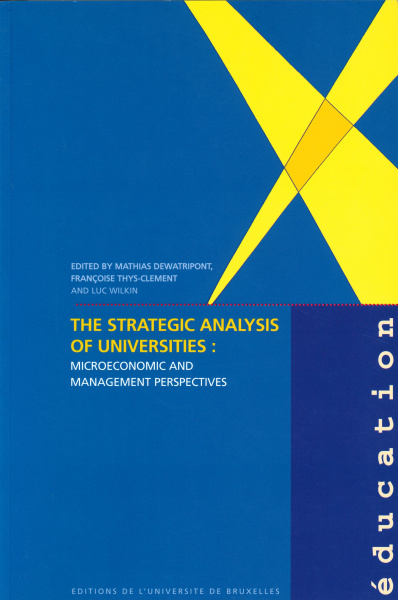
The Strategic Analysis of Universities
Mathias Dewatripont, et al.
This interdisciplinary work explores new developments in the theory of organizations and applies them to the specific case of universities. More info

